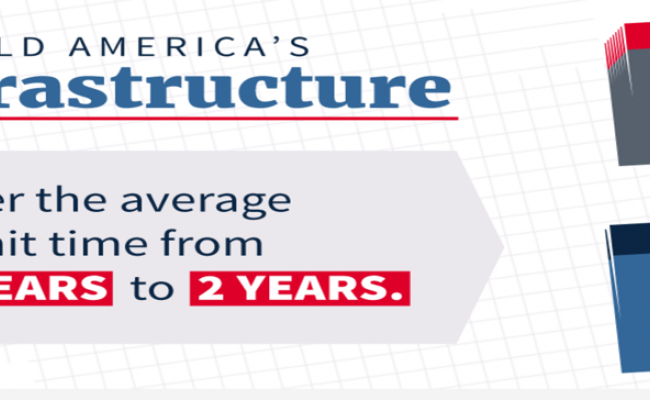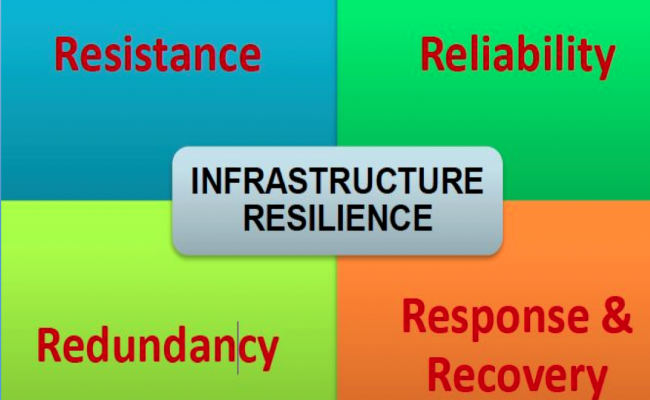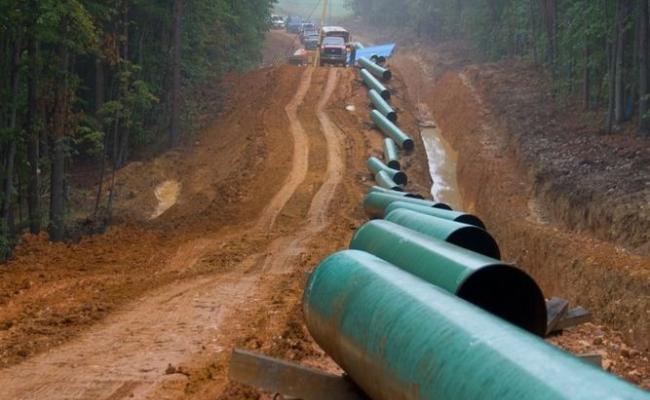The US Energy Information Administration said in October that US crude oil production had climbed to 11.3 million barrels a day. That also means production of associated gas from shale wells is increasing as well. That would put the United States on a par with Russia, which surpassed Saudi Arabia to become the world’s largest producer of crude oil last year. With news like this, it’s fairly easy for shale oil producers to get caught up in day-to-day challenges associated with production and its challenges, like moving crude, associated gas, and natural gas liquids to market.
Developers often don’t focus on large-scale changes that have drastically affected the oil industry. However, historically certain events have radically changed the oil industry. I believe that a growing “green wave” may change global power and transportation and adversely affect shale oil’s future in the next 10–15 years. With breakthroughs in technology, changes may come even sooner.
Read article at Russo, T. (2019, February). Gas from shale drilling to face strong headwinds next decade. Natural Gas & Electricity 35/.7. Read more



